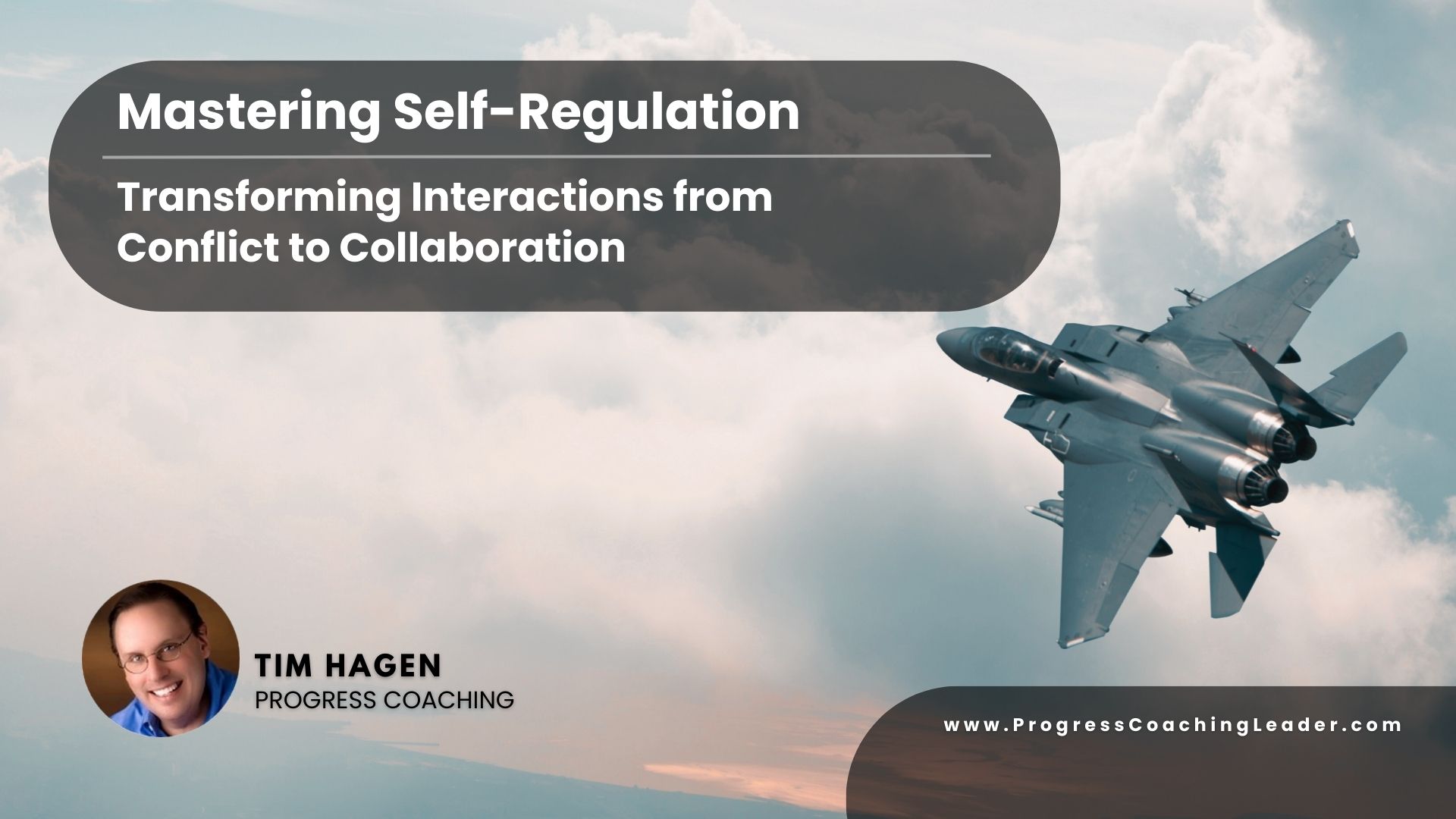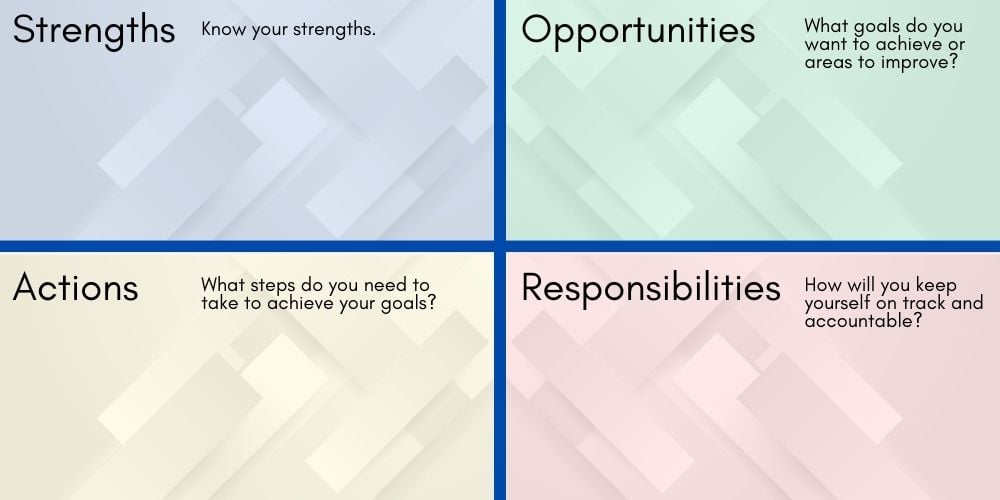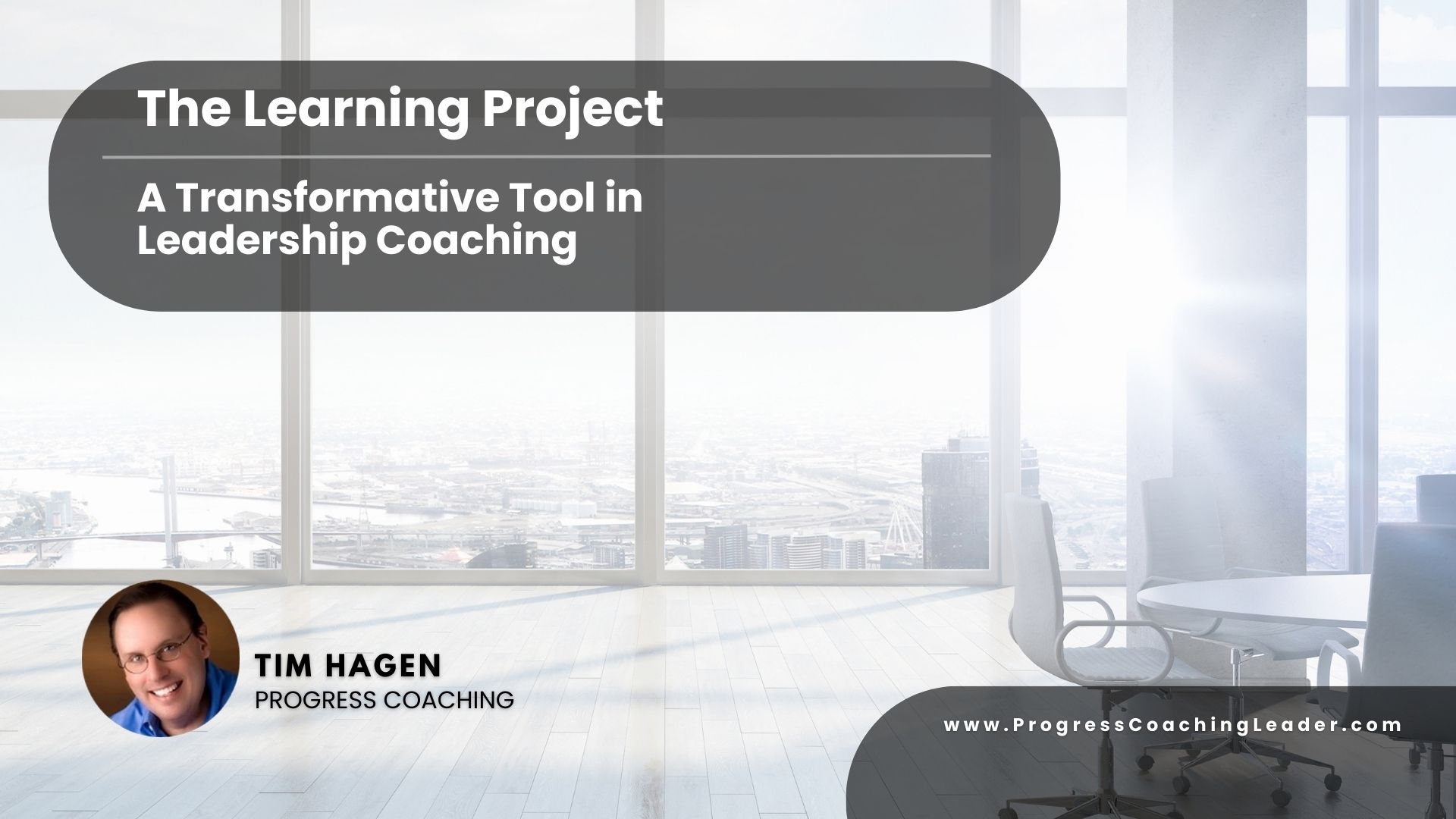
The phrase "role-playing" universally tends to conjure up sighs, eye-rolls, and groans. Even though this is the typical case, can we all agree that we don't get better without practice? One of the reasons role-playing get such a negative connotation really has nothing to do with role-playing itself, rather it’s based upon how we give one another feedback.
Recently, I asked a roomful of people when it comes to practicing role-playing how many of them get nervous. Every hand in the room went up. By the end of the session I asked everybody in the room how many of them had felt more comfortable and even somewhat enjoyed the practice sessions- every hand in the room went up. Why? Because of something that we teach called feedback progressions. A feedback progression is a series of feedback strategies tied together to facilitate a positive experience, especially associated with role-playing practice.
Feedback progressions are designed to facilitate change in a positive manner. Let’s take a hypothetical example of a kid in Little League. The kid is probably not a good hitter and they will typically go through three levels of change that we teach in progress coaching: effort, progress, and results. If we focus simply on results, or the lack of results, this can become very discouraging to those who need to practice.
The key is to facilitate practice that is positive,
inspiring, and inspires the player to continue
to improve.
This is not an easy task. The off set of this situation is when that parent gets upset when their child strikes out, the child hears their parent having an apparent heart attack because heaven forbid they struck out. Human psychology teaches us is that child really want to get back in the batter’s box and risk disappointing their parents, right? The answer is obviously no!
Feedback progression is a series of feedback strategies where you frame out how to go about providing participants feedback for one another. When we teach Progress Coaching, the second leg of our delivery involves what we call a best practice session, where we go through a series of practice sessions. The key component to this session are the feedback progressions. Here’s how we use feedback progressions in our best practice session:
- Practice Session 1: After the practice session is over, we ask the person with whom they are practicing with what their partner did extremely well. This simple feedback strategy gets the person who practiced to hear positive things from there teammate.
- Practice Session 2: In the second round of practice sessions, we ask people to share one thing they did when practicing that they felt they did very well. This prompts the person practicing to state out loud something they are proud of. This builds confidence and a greater willingness to continue.
- Practice Session 3: During this round, we ask employees to discuss after one another’s practice sessions two or three things they felt the other person did well. We do not share this feedback with the rest of the group but allows people to have one-on-one conversations that are framed out to only talk about the positive things that were done.
- Practice Session 4: After this session, we ask partners of people who practiced one thing their partner did extremely well. Then we ask the person who actually facilitated the practice one area where they feel they have an opportunity to improve. Please note the word opportunity replaces any negative type of language that is often associated with constructive feedback. Opportunity is a very positive word that allows people to feel good about getting better.
- Practice Session 5: Finally, we ask partners to name one thing their partner did extremely well and one area where they feel their partner has an opportunity to improve. Again this does not erode positive feedback, but it certainly integrates it with one specific area where the partner has an opportunity to improve.
In sessions four and five we state to the partners of those who are practicing to start the sentence with the words “I think you have a wonderful opportunity to improve …” and then fill in the blank. This is called a rule of engagement and structures the feedback in such a careful way that it allows people to receive feedback in a very thoughtful and considerate manner.
In summary, if we leave feedback to chance, people typically gravitate to feedback statements such as, “That was good but…” and then they really unload multiple areas where their partner needs to improve. Another example of when feedback is not structured is when a partner starts off with, “If I were you, I would…” and they begin to gravitate to what makes them comfortable versus providing targeted feedback to their partner. Most people are not taught how to provide one another feedback certainly at a peer level which can be uncomfortable; therefore, feedback progressions allow you to create a very positive and worthwhile environment where people begin to enjoy practice sessions. The more practice sessions that are facilitated, people will improve!
NOTE: 2nd – To hear more from Tim Hagen on topics related to becoming a better coach, register for CUNA Coaching Conversations eSchool: Part 2, Fridays, October 4 to November 1.
Check out the video overview below.





